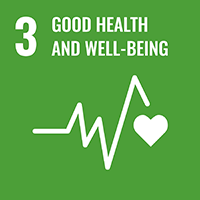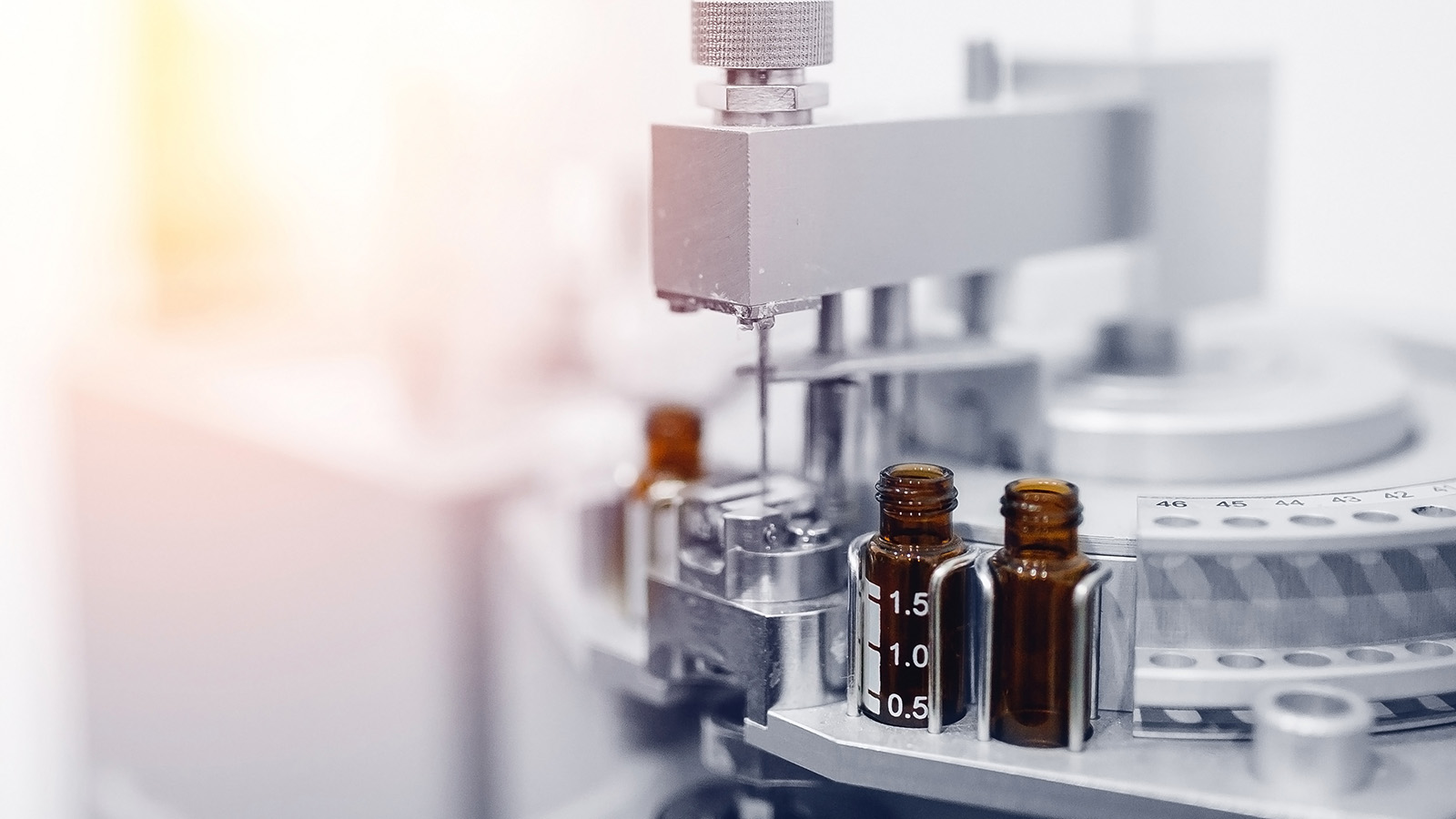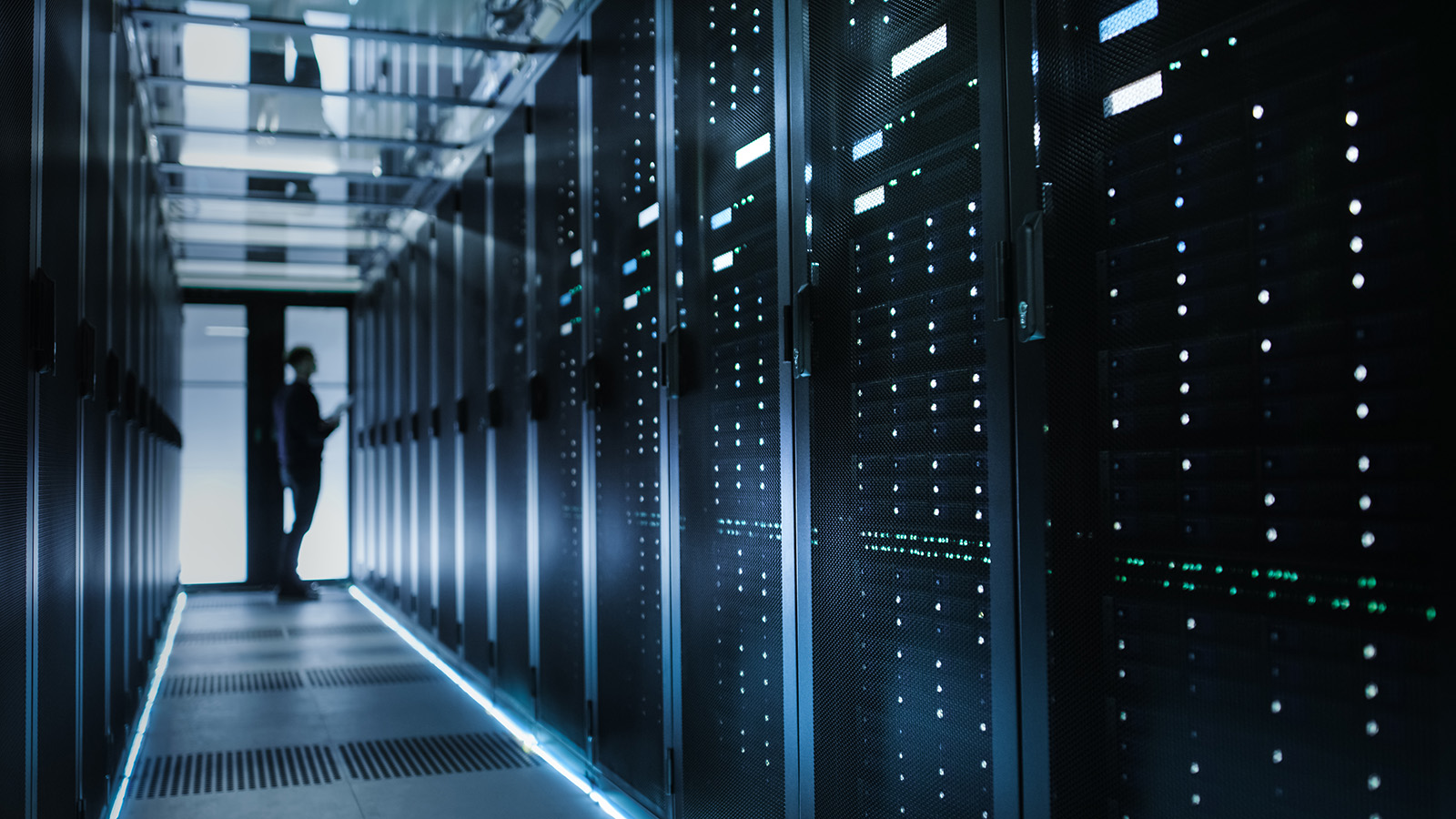Vaisala contributes to health and well-being, helping develop medicines such as a vaccine for COVID-19
Health and well-being are now on the table more than ever. Aside from the coronavirus pandemic, people are increasingly interested in their health and authorities are tightening requirements on the safety of medicines and pharmaceutical supply chains. Good Health and Well-Being is one of the United Nations Sustainable Development Goals (SDG 3) and also tied to Vaisala’s business – even more critically during the COVID-19 pandemic. Vaisala’s industrial measurement solutions are being used to help fight the pandemic by monitoring process conditions in medicine and biotechnology manufacturing.

The United Nations SDG Good Health and Well-Being aims to ensure healthy lives and promote well-being for people of all ages. Many of Vaisala’s solutions are used to this end, for example, by monitoring indoor and outdoor conditions to secure public health. Vaisala’s instruments and systems monitor conditions in multiple healthcare applications, including:
- hospital pharmacy drug storage, blood and tissue storage, and operating/procedure room conditions
- drug and biotechnology research, manufacturing, processing, or distribution
- cleanroom environments
Vaisala’s viewLinc Continuous Monitoring System has been designed to ensure the research, manufacturing and storage conditions of essential supplies in highly regulated life science applications such as pharmaceutical warehouses, laboratories, cold rooms, and cleanrooms. Spaces that need continuous monitoring include blood and tissue banks that handle, store, and distribute human tissues: by monitoring the critical parameters in these spaces, valuable materials are preserved and safeguarded for human use. For example, in the New children’s hospital in Helsinki, Finland, the viewLinc system monitors the tissue bank around the clock.
Vaisala’s instruments are used to monitor medicine manufacturing and development to ensure the safety of the medicines we use. The most recent example of this is the vaccine development for COVID-19.
Ensuring the optimal condition for COVID-19 vaccine development
The COVID-19 disease, first identified in November 2019, is a critical medical challenge facing societies and economies. Similar to seasonal influenza, COVID-19 spreads easily through sneezing or coughing, but unlike influenza, there is no vaccine available for distribution for COVID-19 yet.
Research and development to find a treatment for the novel Coronavirus (SARS-CoV-2) is on-going all over the world. Vaisala is proud to provide a technology that supports this mission. In March, we received an express order from Wuhan, China, the origin of the virus. We quickly delivered several GMP231 Carbon Dioxide Transmitters to Wuhan, where the transmitters now monitor and control CO2 incubators. Incubators are chambers that can be used to cultivate microorganisms, such as a virus; the cultured virus is then used to help develop a vaccine. The GMP231 probe ensures that CO2 level inside the incubators maintain the optimal pH level in cultivation.
The GMP231 carbon dioxide probe is not the only Vaisala instrument used for vaccine development. The Vaisala K-PATENTS Pharma refractometer is used in vaccines manufacturing where it ensures safety and efficacy. It can be used in the development of virus-based vaccines, such as the influenza, swine flu, and potentially also for COVID-19. The refractometers were specially designed for the pharmaceutical industry: the refractometer measures the dissolved components in liquids, and more specifically in the vaccines production the sucrose densities in purification of viruses. After centrifugation, the viruses band to a certain known sucrose density gradient. By measuring that density with the refractometer the viruses can be safely and efficiently collected. With the reliable measurements the vaccines can be developed as quickly and as safely as possible without compromising quality.
In addition to supporting the vaccine development work, Vaisala’s measurement technology is also in use in frontline bio-decontamination work to kill viruses on surfaces. Cleamix Oy performed hydrogen peroxide vapor bio-decontaminations in South Korea during the coronavirus outbreak in early 2020. The Cleamix portable H202 vapor generators use Vaisala’s HPP270 series probes to monitor and control vapor output during bio-decontamination. Hydrogen peroxide vapor is capable of killing even the most resistant microorganisms, which is why it is efficient in disinfecting critical spaces. Vaisala’s vaporized hydrogen peroxide probes provide multiple measurements: relative humidity, relative saturation, temperature, and H2O2 parts per million. This information guides the process, helping to ensure a successful bio-decontamination.
By monitoring and measuring critical environments and conditions in healthcare, pharmaceutical, and biotechnology industries, Vaisala solutions help ensure patient and personnel safety in hospitals as well as the safety and efficacy of medicines and vaccines.
***
This is the third post in our article series about Vaisala’s commitment to the UN Sustainable Development Goals. Vaisala’s multifaceted business is brimming with stories, and in this article series, we illustrate with concrete examples, how our business is truly linked to the SDGs. Stay tuned for more information on how our solutions, practices, and mission Observations for a better world reflect the goals.




Add new comment